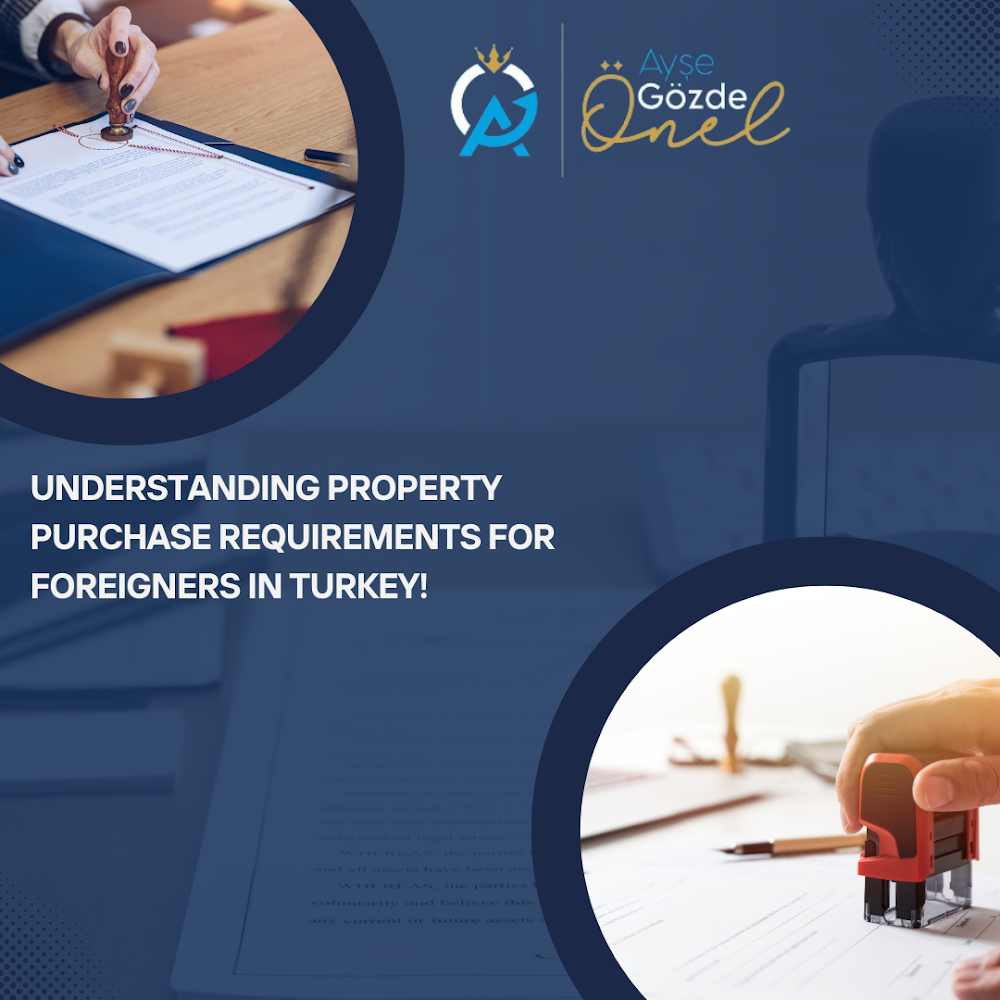Turkey has become an attractive destination for foreign property buyers due to its strategic location, booming real estate market, and cultural richness. If you are considering buying property in Turkey, it is crucial to understand the legal requirements and procedures involved. Here is a comprehensive guide to help you navigate the process:
Legal Framework and Eligibility
Foreign nationals can buy property in Turkey, but there are certain conditions and restrictions to be aware of:
1. Eligibility: Most foreign citizens can purchase property in Turkey, except those from certain countries restricted by Turkish law. It is advisable to check the latest regulations or consult with a legal expert to confirm eligibility.
2. Reciprocity Principle: Previously, Turkey applied a reciprocity principle, allowing citizens of countries that permitted Turkish nationals to buy property in their land to do the same in Turkey. However, this principle was largely abolished in 2012, expanding the scope for more nationalities to invest in Turkish real estate.
Property Restrictions
1. Military Zones: Foreigners are not permitted to buy property within military zones or other restricted areas for security reasons. It is essential to ensure the property is not located within such zones before proceeding with the purchase.
2. Land Size Limitations: Foreign buyers can purchase up to 30 hectares (approximately 74 acres) of land in Turkey. This limit can be increased with special permissions from the Turkish government.
Required Documentation
To purchase property in Turkey, the following documents are typically required:
1. Passport: A valid passport is necessary for identification and verification purposes.
2. Tax Identification Number: Foreigners must obtain a tax ID number from the local tax office in Turkey.
3. Property Appraisal Report: An official property valuation report is required to determine the market value of the property. This report must be conducted by a licensed appraiser.
4. Title Deed (Tapu): The title deed must be registered at the local Land Registry Office. This document officially confirms ownership of the property.
Purchase Process
1. Hire a Lawyer: It is highly recommended to hire a lawyer who specializes in Turkish real estate law to guide you through the legal processes and ensure that all documents are in order.
2. Preliminary Agreement: A preliminary agreement or contract is usually signed between the buyer and the seller, outlining the terms and conditions of the sale.
3. Payment: Payment terms are agreed upon and typically involve a deposit followed by the full payment upon transfer of the title deed.
4. Transfer of Title Deed: The final step is the transfer of the title deed at the Land Registry Office, where the buyer must be present or represented by a legal power of attorney.
Additional Considerations
1. Real Estate Agent: Using a reputable real estate agent can help navigate the market, find suitable properties, and negotiate terms.
2. Taxes and Fees: Be aware of additional costs such as property taxes, notary fees, and any applicable duties or transfer taxes.
3. Residency: Purchasing property worth a certain amount (currently $400,000) can also qualify foreign buyers for Turkish citizenship through investment, providing an added incentive for long-term investment.
Conclusion
Buying property in Turkey can be a rewarding investment, but it is essential to understand the legal requirements and restrictions involved. By ensuring all necessary documents are in place and seeking professional legal advice, foreign buyers can navigate the process smoothly and secure their investment in this vibrant and dynamic country.
For further details, it is advisable to consult with a real estate expert or legal professional familiar with Turkish property laws to ensure compliance with all regulations.
For details you can contact with me.





